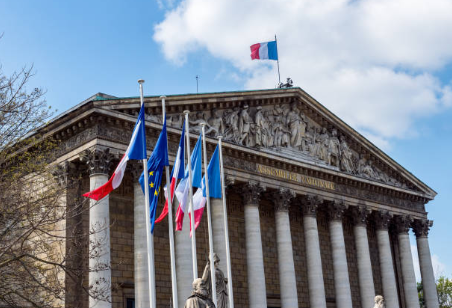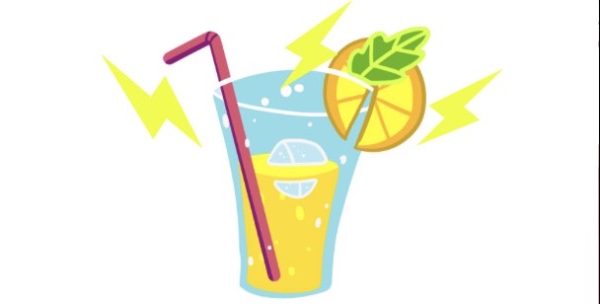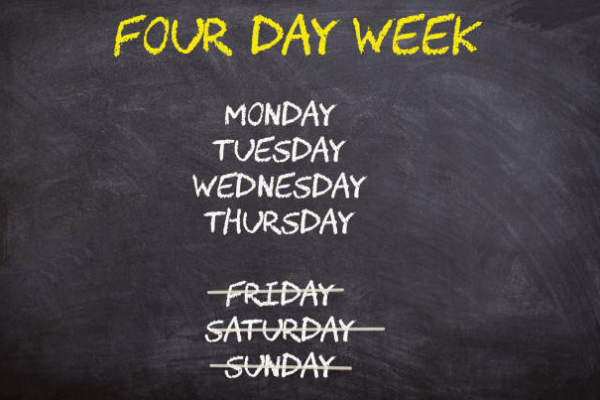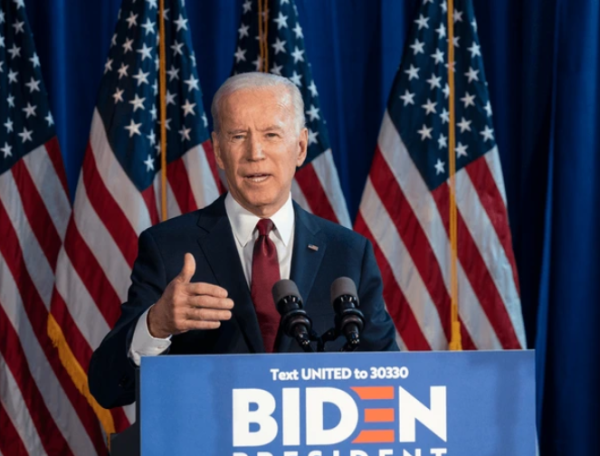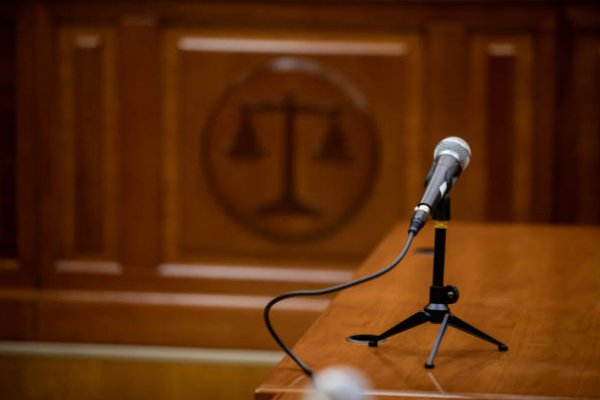Daylight Savings Time May Become Permanent
In March Americans move their clocks forward an hour for daylight savings time, later in the year we set them back an hour in November. This may change if the state legislature passes a bill which would make daylight savings time permanent. The legislation would be dependent on the amendments to the Uniform Time Act (UTI), a federal law, to allow states to make daylight savings time permanent. The UTI created daylight savings time in 1967 to simplify the country’s official pattern for where and when daylight savings time would be observed.
Maryland’s bill would take effect immediately upon the passage of legislation to allow states to make daylight savings time permanent. This bill would take effect on the second Sunday of March or the first Sunday of November if Congress votes to allow states to do so. On the other hand, if the law is not changed by Dec. 31 2025, Maryland’s measure would expire.
According to WTOP, Maryland’s bill has bipartisan support and agreement from other states. 39 states have passed similar legislation in the past five years, including Utah which has proposed a very similar policy to the one introduced in Annapolis. Furthermore, 60% of California voters supported a ballot measure to allow states the ability to make daylight savings time permanent.
Americans support the elimination of clock changes. According to The Associated Press-NORC Center for Public Affairs Research, seven in ten Americans desire a change to the status quo. However, a plurality of voters, four in ten, support making standard time permanent. Three in ten voters support making daylight savings time permanent and another three in ten support keeping the status quo.
Senator Marco Rubio (FL) introduced The Sunshine Protection Act of 2019 which would make daylight savings time permanent but allows states and other jurisdictions to observe standard time. The bill has thirteen cosponsors and boasts bipartisan support. President Donald Trump also supported the bill in a tweet writing “Making Daylight Saving Time permanent is O.K. with me!”
“[Daylight savings time] gives you more time to get things done,” said local farmer and Poolesville High School Senior Jamie Savage. Savage continued that the added time in the day produces a “better harvest” because of the added productivity. The change would “not really affect livestock” but would help farmers be more productive in treating them.

Connor Dorsey is Senior in the Independent Studies Program. He is the owner and founder of Dorsey Umbrella LLC, and plays baseball and hockey for Poolesville.
Favorite...


